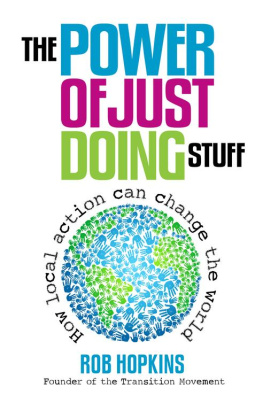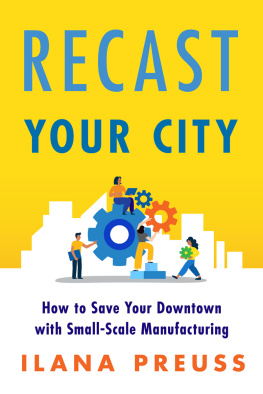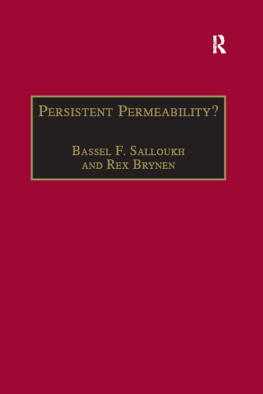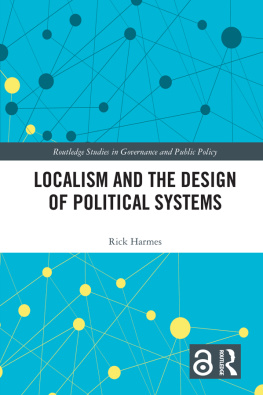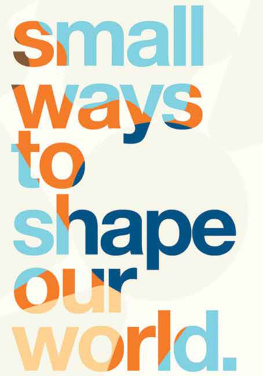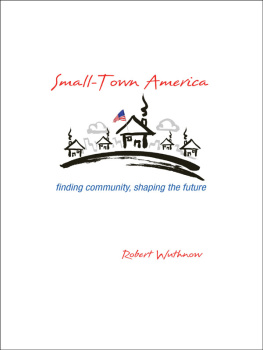
Contemporary culture has eliminated both the concept of the public and the figure of the intellectual. Former public spaces both physical and cultural are now either derelict or colonized by advertising. A cretinous anti-intellectualism presides, cheerled by expensively educated hacks in the pay of multinational corporations who reassure their bored readers that there is no need to rouse themselves from their interpassive stupor. The informal censorship internalized and propagated by the cultural workers of late capitalism generates a banal conformity that the propaganda chiefs of Stalinism could only ever have dreamt of imposing. Zer0 Books knows that another kind of discourse intellectual without being academic, popular without being populist is not only possible: it is already flourishing, in the regions beyond the striplit malls of so-called mass media and the neurotically bureaucratic halls of the academy. Zer0 is committed to the idea of publishing as a making public of the intellectual. It is convinced that in the unthinking, blandly consensual culture in which we live, critical and engaged theoretical reflection is more important than ever before.
Bibliography
How green are small businesses? A snapshot of environmental awareness and practice in small and medium sized enterprises (SMEs). (2002) Bristol: Environment Agency
Food and Hunger Action Committee Phase II Report. (2001) Food and Hunger Action Committee
Ahmad, Aijaz (1992) In Theory: Classes, Nations, Literature . London: Verso
Albert, M and Hahnel, R (2004) Parecon: life after capitalism. New York: Verso
Albo, G.(2007) Neoliberalism and the Discontented. In (eds) L. Panitch & C. Leys Socialist Register 2008: Global Flashpoints . (pp 354362). London: Merlin Press
. 17 September 2009, Personal Communication , Toronto
. The Limits of EcoLocalism: Scale, Strategy, Socialism. In (eds) L. Panitch & C. Leys Socialist Register 2007: Coming to Terms with Nature. Eds. (pp 337364). London: Merlin Press
(1996) A World Market of Opportunities? Capitalist Obstacles and Left Economic Policy. In (eds) L. Panitch & C. Leys Socialist Register 1997: Ruthless Criticism of All That Is (pp 547). London: Merlin Press
Albritton, R (2009) Let Them Eat Junk: How Capitalism Creates Hunger and Obesity. Winnipeg: Arbeiter Ring
Anderson, K B (2002) Marxs late writings on nonWestern and precapitalist societies and gender. Rethinking Marxism, 14, 4:8496
Bellows, A C and Hamm, M W (2001) Local autonomy and sustainable development: Testing import substitution in localizing food systems. Agriculture and Human Values, 18271284
Berry, W (1996) Conserving Communities. In (eds) J. Mander & E. Goldsmith The Case Against The Global Economy, and For A Turn Toward the Local San Francisco: Sierra Club Books
Biehl, J and Bookchin, M (1998) The politics of social ecology: libertarian municipalism. Montreal: Black Rose Books
Bookchin, M (1995) Social anarchism or lifestyle anarchism: the unbridgeable chasm. San Francisco: AK Press
Bourdieu, P (1984) Distinction: a social critique of the judgement of taste. London: Routledge and Kegan Paul
Bruce, I (2004) The Porto Alegre Alternative: Direct Democracy in Action. London: Pluto Press
Camfield, D. (2007) On Postmodern Marxism and its Class Theory . Unpublished.
Carrlson, C (2008) Nowtopia: how pirate programmers, outlaw bicyclists, and vacantlot gardeners are inventing the future today. Oakland: AK Press
Ciccantell, P and Smith, D A (2009) Rethinking Global Commodity Chains: Integrating Extraction, Transport, and Manufacturing. International Journal of Comparative Sociology, 50, 34:361384
Community Economies Collective (2001) Imagining and Enacting Noncapitalist Futures. Socialist Review, 28, 34:93135
Cunningham, M and Houston, D (2004) The Andersonville Study of Retail Economics. Chicago: Civic Economics
Dachner, N (2008) Personal Communication , University of Toronto Dalla Lana School of Public Health, Toronto
Daly, H E and Farley, J (2004) Ecological economics: principles and applications. Washington: Island Press
Draper, H (1989) Karl Marxs Theory of Revolution Volume Four: Critique of Other Socialisms. 1989:Monthly Review Press
Draper, H (1966) The Two Souls of Socialism. New Politics, 5, 1:5784
Eagleton, T (2007) Ideology: An Introduction. London: Verso
Engels, F (1970) The Housing Question. Moscow: Progress Publishers
Engels, F (1970) Socialism: Utopian and Scientific. In Marx/Engels Selected Works, Volume 3 (pp 95151). Moscow: Progress Publishers
Estill, L (2008) Small is possible: Life in a local economy. Gabriola Island: New Society Publishers
Fine, B (1979) On Marxs theory of agricultural rent. Economy and Society, 8, 3:241278
Foster, J B (2000) Marxs Ecology. New York: Monthly Review Press
Friendly, A (2008) Towards Food Security Policy for Canadas Social Housing Sector. Ottawa: Canadian Policy Research Networks Inc. and Social Housing Services Corporation
GibsonGraham, J K (2006) Imagining and Enacting a Postcapitalist Feminist Economic Politics. Womens Studies Quarterly, 34, 12:7278
GibsonGraham, J K (2002) Beyond Global vs. Local: Economic Politics Outside the Binary Frame. In (eds) A. Herod & M.W. Wright Geographies of Power: Placing Scale Malden: Blackwell Publishers
Gough, J (2002) Neoliberalism and Socialisation in the Contemporary City: Opposites, Complements and Instabilities. Antipode, 34, 3:405426
Gramsci, A (1971) The Modern Prince. In (eds) Q. Hoare & G.N.Smith Selections from the prison notebooks of Antonio Gramsci New York: International Publishers
Gropas, M (2006) Landscape, revolution and property regimes in rural Havana. Journal of Peasant Studies, 33, 2:248277
Grow the Greenbelt: Protect Markhams Foodbelt and Quality of Life, Stop Sprawl. (n.date), Accessed 25 January 2010
Hahnel, R (2007) Ecolocalism: A Constructive Critique. Capitalism Nature Socialism, 18, 2:6278
Hahnel, R (2005) Economic justice and democracy: from competition to cooperation. New York: Routledge
Harvey, D (2006) The Limits To Capital. London: Verso
Holloway, J (2005) Change the World Without Taking Power. London: Pluto Press
Holloway, J (2005) No. Historical Materialism, 13, 4:265284
Howard, M C and King, J E (1985) The Political Economy of Marx. Second edn, New York: New York University Press
Hseih, L H T (2010) Markhams farmers denounce foodbelt. Yorkregion.com 14 January 2010, Accessed 16 February 2010
Hunt, EK (2002) History of economic thought: a critical perspective . Second Edition. Armonk, N.Y.: M.E. Sharpe
Jessop, B (2002) Liberalism, Neoliberalism, and Urban Governance: A StateTheoretical Perspective. Antipode, 34, 3:452472
Katz, S (1986) Towards a Sociological Definition of Rent: Notes on David Harveys The Limits to Capital . Antipode, 8, 1:6478
Key Small Business Statistics. (2010) Ottawa: Industry Canada
Key, N and Roberts, M J (2007) Measures of Trends in Farm size Tell Differing Stories in Amber Waves: The Economics of Food, Farming, Natural Resources and Rural America. U.S. Department of Agriculture
Kingsolver, B (2007) Animal, vegetable, miracle: a year of food life. New York: HarperCollins Publishers
Kirkpatrick, S and Tarasuk, V (2009) Food insecurity and participation in community food programs among lowincome Toronto families. Canadian Journal of Public Health, 100, 2:135139
Kovel, J (2007) The enemy of nature: the end of capitalism or the end of the world? Second edn, New York: Zed Books
Lenin, V I (1960) The Development of Capitalism in Russia. In Collected Works, Volume 3 Moscow: Progress Publishers


